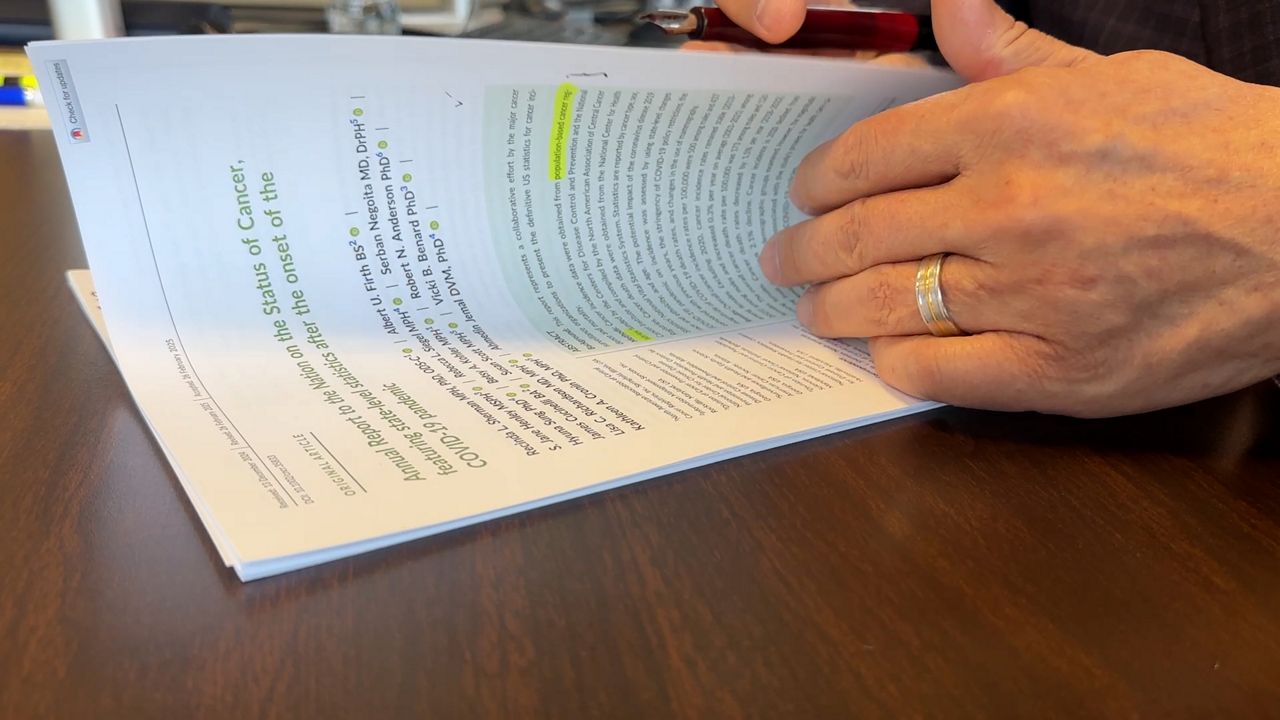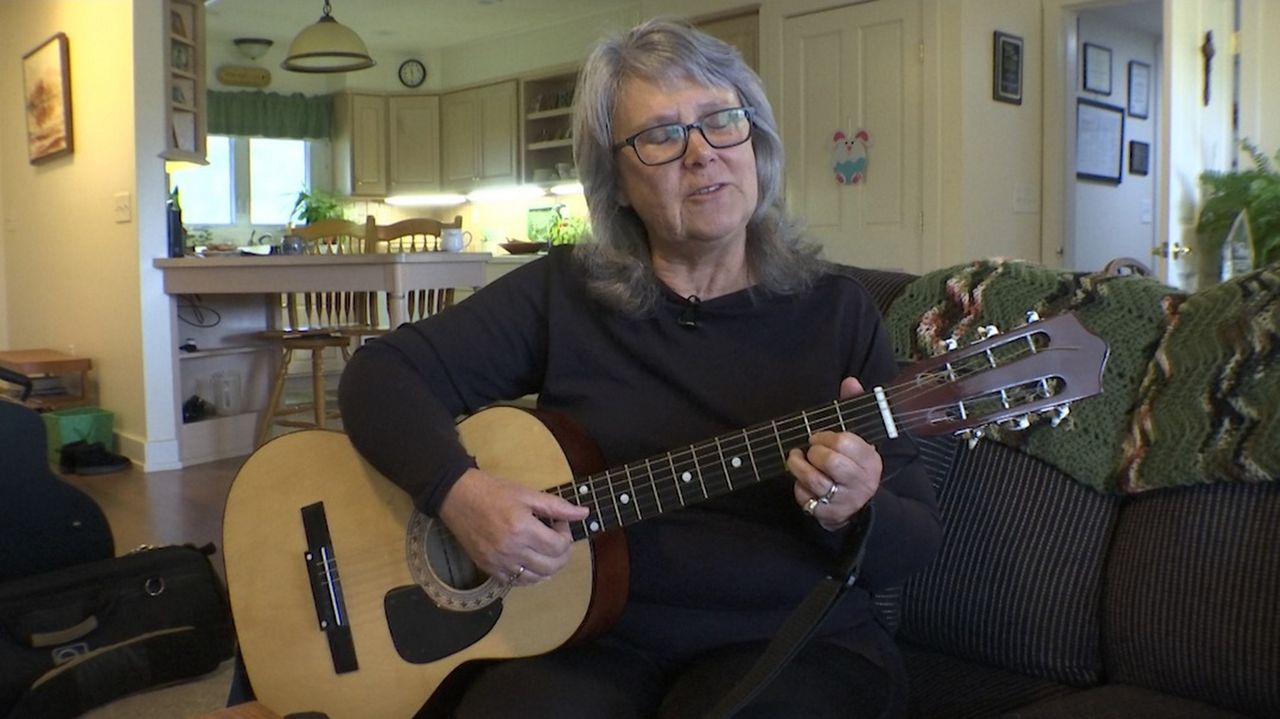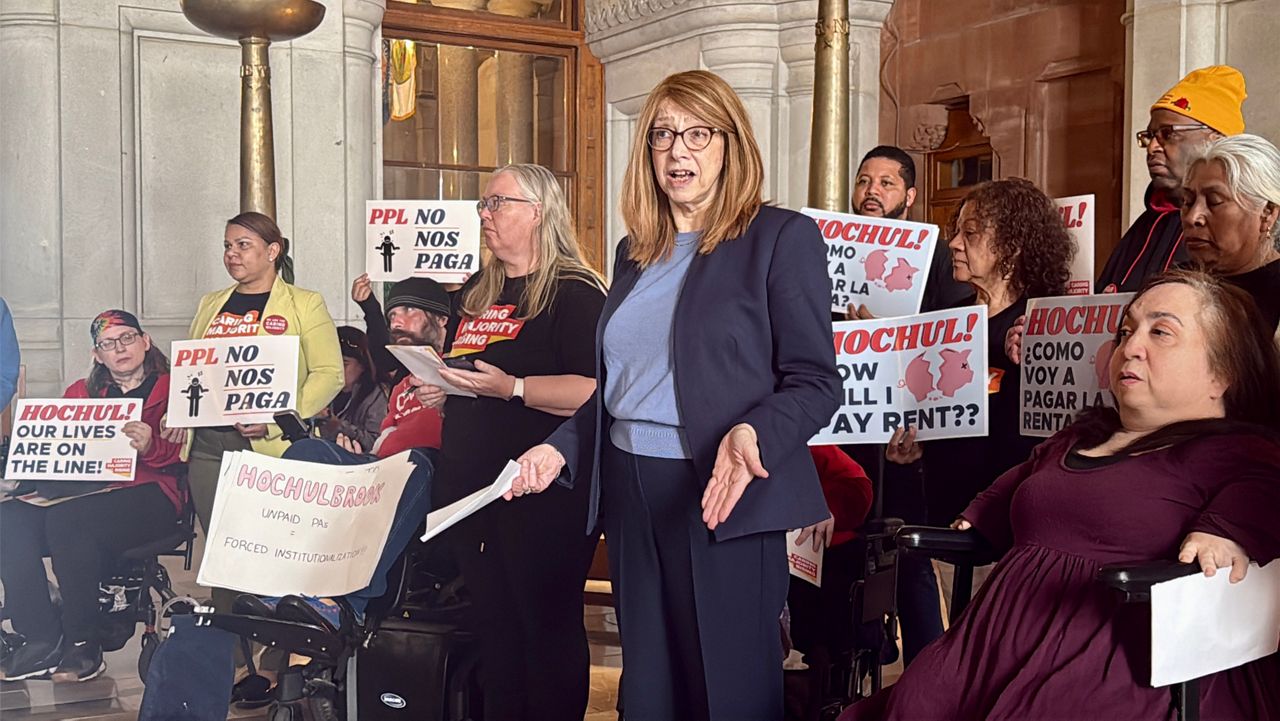October is a month dedicated to raising awareness about Attention Deficit Hyperactivity Disorder, also known as ADHD. A psychiatrist previously broke down the basics of the disorder with Spectrum News 1.
ADHD is a neurodevelopmental disorder that often begins as a child and continues into adulthood. Signs and symptoms include trouble focusing, staying on task, and sometimes having trouble controlling the body. Treatment can involve new learning strategies that expand attention capacity and medicine.
Now, with that in mind, how do social media platforms like Instagram, TikTok and X come into play? Psychiatrists say social media does not necessarily cause ADHD but it may sustain it.
"It may make kind of moving forward more challenging. So there's interplay. But I wouldn't I wouldn't say that it's caused. I do think, though, that social media is generally shortening our attention spans as a society," said Dr. Sourav Sengupta, associate professor of psychiatry and pediatrics at the Jacobs School of Medicine and Biomedical Sciences at the University at Buffalo.
Dr. Sengupta says that, first of all, it’s important not to completely demonize social media — it does allow for connection. That being said, he says, excessive amounts of time of social media can be bad for our mental health. In terms of ADHD, he says it has its nuances.
"In certain ways, you know, breaking things down into shorter information bytes, if you will, is a part of what we can do to help kids with ADHD. Right. So don't tell them to clean their room. Break that down into three or four steps and give it to them one at a time," Dr. Sengupta said.
He says with ADHD though, the brain is still catching up in terms of attention span.
"So as the brain gains more of that capacity to pay attention, for example, then are we actually giving it the work to actually be able to stretch out and learn how to pay attention for longer periods of time? So in that space where you're sort of the brain is beginning to stretch again, that may not be a great time to be sort of glued into TikTok," Dr. Sengupta said.
When someone has trouble paying attention he says nowadays a common question is whether someone has ADHD or not.
"In general. When we think about ADHD, we really do think about this as a kind of neurodevelopmental difference. You know, we would expect to see some signs of this from childhood on, you know, so that's one kind of little signal there. But I think a lot of us are sort of noting our challenges around attention in this kind of, you know, referred refer information by social technology," he said.
That’s not to say ADHD isn’t diagnosed at later ages of life — it is and that’s a whole different discussion. Dr. Sengupta recommends speaking with a health care professional if you question whether or not you have ADHD. He also says as a parent and psychiatrist, he thinks as parents it’s important to get more engaged in your kids’ social technology use to avoid getting into unhealthy patterns of excessive use.
He says you can find times to turn screens off and focus on real-life connections and also engage in longer-form information, whether that’s longer articles, movies, etc.










